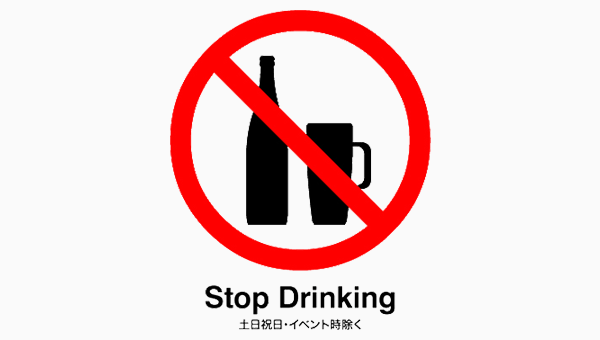Brain hypothalamus area and stress

Brain hypothalamus area and stress. When the brain needs to be protected the most
Brain hypothalamus area and stress: Regulating stress and withdrawal
One of the areas of the brain that can easily be affected by effects of substance abuse is the brain hypothalamus area. This is the part of the brain that is responsible for several duties including controlling of the body temperature, hunger, thirst, and sleep. Owing to these functions, the hypothalamus is equally playing a key role in how we respond to stress. According to the experts at AWAREmed Health and Wellness Resource Center which is one of the leading pioneers in natural and holistic addiction treatment, we cannot effectively talk about addiction without the mention one stress. Doctor Dalal Akoury MD and also the founder of this facility agree that stress regulation is highly relevant to our understanding of addiction. And that is why we want to explore further into details the effects of addiction on the brain hypothalamus area even as we also look the stress regulation and withdrawal.
Because of that, it is important to note that when an individual experiences stress, the hypothalamus releases chemicals known as hormones. It is these hormones that allows’ the brain and the body to respond to that stress. Unlike neurotransmitters (which are chemicals limited to the brain) hormones travel throughout the body via the blood system. It therefore means that hormones can exert an effect on other body systems as well. When these chemical hormones operate in the brain, we refer to them as neuromodulators. These hormones (neuromodulators) can act just like neurotransmitters in the brain. Like neurotransmitters, they have their own receptors associated with them.
Brain hypothalamus area and stress: How stress motives relapse
From our studies, it is obvious that stress is a well-known relapse trigger to all users of drugs. It capable of prompt powerful cravings in addicted persons I can therefore say almost with certainty that majority of us in one way or another have come across someone who struggled with an addiction and tried to quitting but ultimately relapsed when they became stressed out. Doctor Akoury says that under normal circumstances, at the beginning periods of recovery withdrawal symptoms often create stress and the vicious cycle continues. It is however very important to appreciate that stress will always prompts the addictive use, while efforts to discontinue use prompt stress. During withdrawal, these stress hormones are elevated. Even though stress levels are high, the brain’s anti-stress neuromodulators appear to decrease, as do dopamine and serotonin in the nucleus accumbens. This suggests that withdrawal affected the reward system (evidenced by decreasing dopamine and serotonin). At the same time, withdrawal activates the stress and anxiety systems. This “1-2 punch” heightens the negative experience of withdrawal. This prompts people to seek relief via the addictive substance or activity (i.e., relapse).
In summary, the neurotransmitter pathways associated with the amygdala and the hypothalamus play a crucial role in sustaining the addiction process and this occurs thorough:
- The negative emotional memory that is associated with drug withdrawal
- The positive emotional memory that is associated with drug cues
- The disruption that occurs to stress regulation
- The pleasurable relief from withdrawal symptoms that occurs by resuming drug use or addictive activities
Finally, since we cannot talk about addiction without mentioning stress, it becomes important that the two need to be addressed professionally and that is where doctor Dalal Akoury and her team of experts from AWAREmed Health and Wellness Resource Center comes in. if you are struggling with this, you can schedule for an appointment today with doctor Akoury for the commencement of your treatment.
Brain hypothalamus area and stress: Regulating stress and withdrawal









